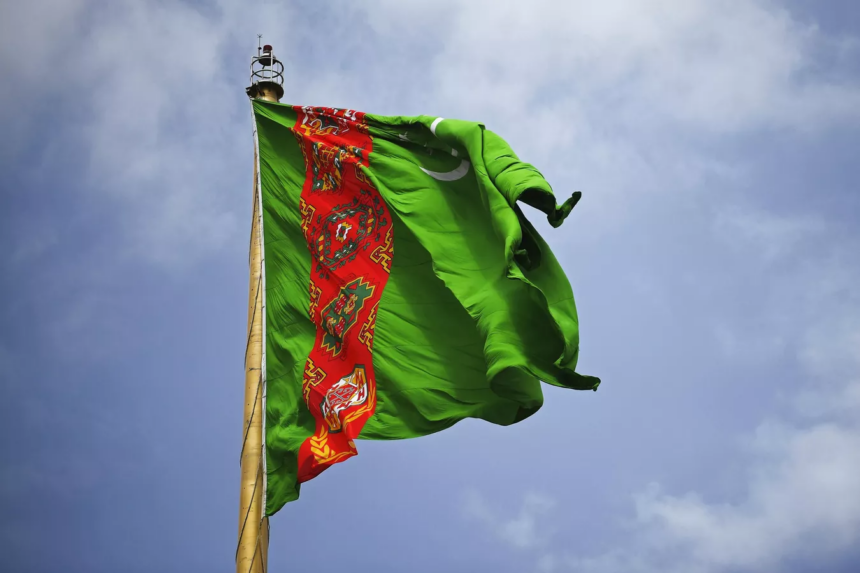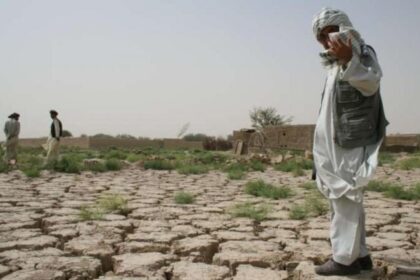RASC News Agency: Since the United States transferred control of Afghanistan to the Taliban, regional countries have been more taken aback than any other international actors. Failing to fully consider the “playing field” and its “players,” many assumed that the U.S. had entirely exited Afghanistan, leaving them to contend with the political and economic opportunities of the region. However, the U.S. has laid a trap, the full impact of which may only become clear in the coming years.
Turkmenistan, following in the footsteps of Iran, Russia, and China, initially sought to forge friendly relations with the Taliban, establishing a rapport with the group over the past three years. Now, however, Turkmen authorities find themselves in a delicate position, torn between optimism and fear concerning the Taliban’s presence in their neighborhood. The country has even avoided directly endorsing collaboration with the Taliban, instead framing it as cooperation with “the people of Afghanistan” for regional security. This, despite the fact that the Taliban’s government bears no meaningful connection to the Afghanistani populace.
In his address to the 79th session of the United Nations General Assembly, Turkmenistan’s Foreign Minister emphasized the necessity of global efforts to address Afghanistan’s humanitarian crises. He further noted that revitalizing Afghanistan’s economy is integral to securing regional stability. The Foreign Minister reaffirmed Turkmenistan’s commitment to humanitarian cooperation with Afghanistan, highlighting projects such as the TAPI gas pipeline, fiber-optic network expansion, and the construction of railway lines.
Despite these gestures, Afghanistan under Taliban rule continues to spiral into deepening humanitarian, political, economic, and social crises. The international community remains reluctant to officially recognize the Taliban regime. In a recent move, Germany, Australia, the Netherlands, and Canada issued a joint declaration expressing their intent to file a case against the Taliban at the International Court of Justice (ICJ) for violating the “Convention on the Elimination of All Forms of Discrimination Against Women” (CEDAW).
Foreign ministers from these nations have warned that if the Taliban do not alter their stance on the fundamental rights and freedoms of Afghanistani citizens, particularly women, within the next six months, they will pursue legal action in The Hague. Notably, Afghanistan ratified CEDAW in 2003, committing itself to uphold women’s rights under international law.






